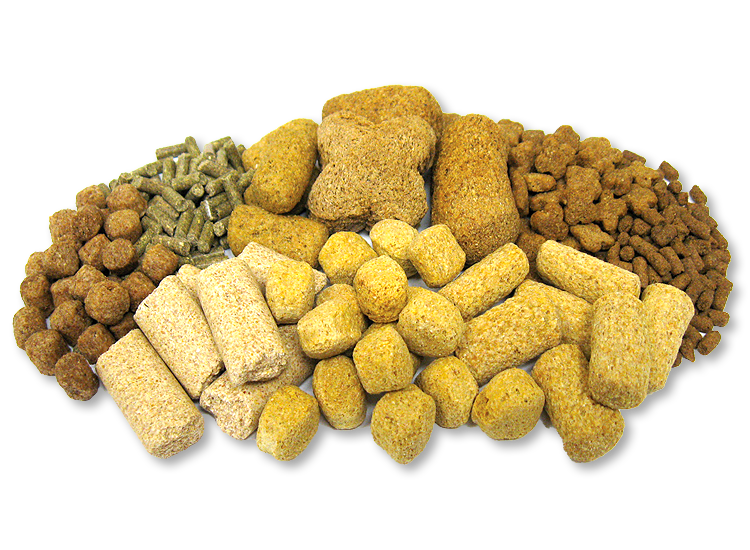Teklad primate diets are fixed-formula diets formulated to provide the proper balance of nutrients required by new-world and old-world primates of all breeds and ages. Diets are formulated to provide uniform experimental and production results.
A combination of plant, milk and fish protein sources supplies the proper amounts and balance of essential amino acids necessary to maintain the physical condition of research primates throughout their life cycle and research function.
High-quality fat sources provide the balance of essential fatty acids required for growth, maintenance, and reproduction. These sources of fat also provide a highly digestible source of energy.
Teklad primate diets are fortified with vitamin and minerals including vitamin D3 for proper bone development and vitamin C for prevention of scurvy and anemia. Stabilized vitamin C (L-ascorbyl-2-polyphosphate) is used to extend the shelf life. Diets are nutritionally complete and balanced making additional dietary supplements unnecessary.
Teklad primate Diets are extruded to help break down starches, improving digestibility and palatability. Feeding highly digestible extruded diets results in firm stools, which helps reduce cleaning time.
Products
| Teklad primate diets | Non-autoclavable form |
|---|---|
| Teklad global 20% protein primate diet | 2050 , 2050C |
| Teklad global 25% protein primate diet | 2055 , 2055C |
| Teklad hi-fiber primate diet | 7195 , 7195C |
| Teklad 15% monkey diet | 8714 |
| Teklad NIB Primate Diet | 8773 |
| Teklad new world primate diet | 8794N |
Not all products are stocked locally; extended lead time and additional fees may apply.
Many diets are available in certified format designated by a “C” following the product code. When diets are certified a representative sample is tested for a panel of contaminants. If not stocked as certified, certification can be made available upon request. Minimum order size and additional charges may apply.
Click here for recommendations on shelf life and storage
Feeding directions
In general, nonhuman primates will consume an amount of diet equal to four percent of their body weight but there are many factors that can affect daily consumption including species, life-stage, housing, and environmental conditions. Small amounts of fruits, vegetables, or nuts may be fed as environmental enrichment. Clean fresh water should always be available.

Technical Resources
Quick links

Ask a nutritionist
Live chat Live chat
Teklad diet selector
Selector app Selector app
SCIENTIFIC INSIGHTS
Keep up-to-date with the latest industry thinking and scientific insights
Explore today Explore today
More than 90 years of working together, to build a healthier and safer world
Explore our history Explore our history



